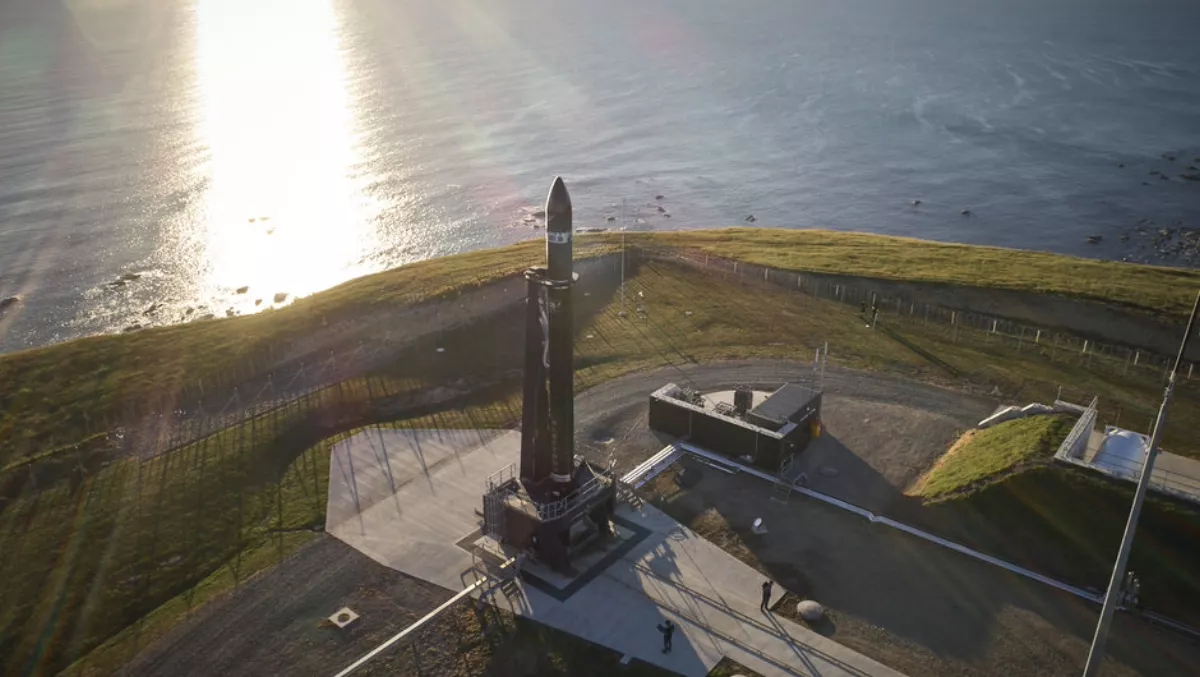
AU startup hitches a ride to space with Rocket Lab
Forget the across-the-ditch rivalry: New Zealanders, Australians and Americans are working together to launch a fleet of satellites to power the world's global IoT communications from space.
Rocket Lab and Australian IoT startup Fleet Space Technologies have signed a contract to launch two Proxima satellites this month.
The satellites are the first of a series of small, low-cost satellites that will provide internet connectivity for IoT devices located in remote locations back on Earth.
The Proxima satellites are identical 1.5 Cubesats, designed and built by Fleet Space Technologies. The launch will also celebrate the beginning of Fleet's first commercial tests of its software-defined radios, which will transmit data on S-band and L-band frequencies in space.
"We're thrilled to add Fleet's Proxima satellites to the It's Business Time manifest," says Rocket Lab chief executive Peter Beck.
"Fleet's planned constellation of more than 100 satellites will enable greater connectivity across the globe and provide better access to data about our planet.
The satellites will accompany Rocket Lab's 'It's Business Time' mission, scheduled to launch from Māhia Peninsula.
The Fleet satellites will be launched inside Rocket Lab's in-house designed and built Maxwell dispenser. They join the current 'It's Business Time' payloads of two Spire Global Lemur-2 satellites, the Irvine CubeSat STEM Program (ICSP) IRVINE01 educational CubeSat, NABEO, a drag sail technology demonstrator designed and built by High Performance Space Structure Systems GmBH and a GeoOptics Inc. satellite, built by Tyvak Nano-Satellite Systems.
Fleet Space Technologies chief executive Flavia Tata Nardini says that the rapid manifesting and integration time is what attracted the company to Rocket Lab's Electron launch vehicle.
"We decided to build and launch two more satellites over the past few months and Rocket Lab has moved at the speed of light to incorporate them in this mission, assist us with licensing and complete integration in record time. We will be in space less than few months after making the decision to join the mission. This rapid turnaround time is what the space industry really needs now," says Nardini.
"To see our first commercial CubeSats launched is an incredibly important milestone for us as a business, and it sets us on the path to achieving our goal of connecting Australia, and the world, in ways like never before.
Fleet also operates a ground terminal called the Portal. Combined, the satellites and terminal will enable satellite connectivity in remote locations where there are no cellular networks.
Fleet aims to launch larger Centauri satellites aboard other launch vehicles this year.

